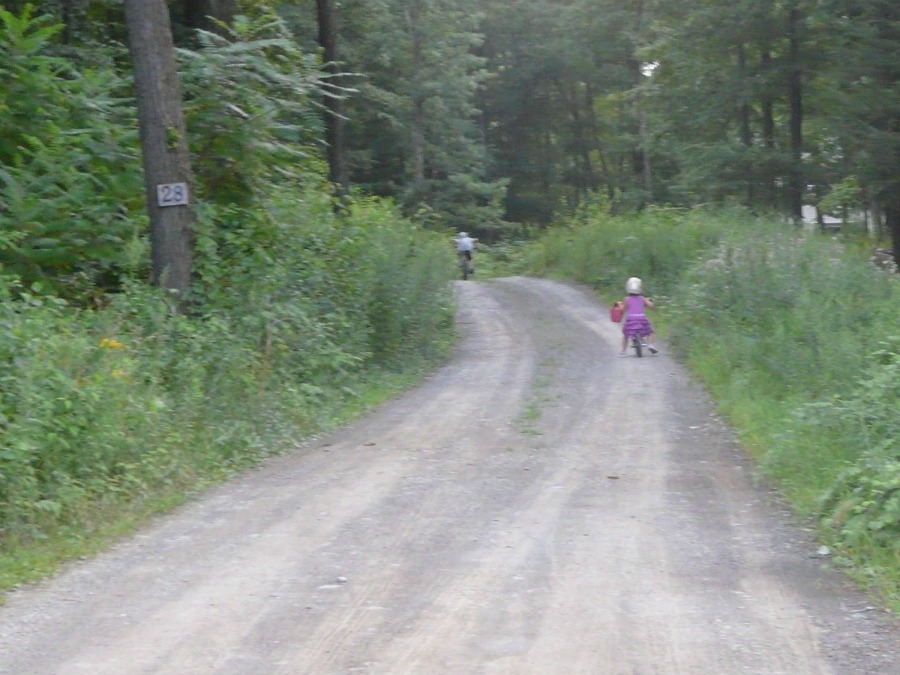Images and parts of the text are links.
First post, with some nice comments, from 2010:
This would need more candles now, but...

May the richness and riches of this trove of words and photos seep into your soul and give you sweet dreams and good ideas.
With this, there are 5,343 posts. A few were deleted in the past for lacking longevity (announcements, temporary info). Some have been repeated for being especially good. They are labelled four ways, to keep it from being one big label/tag, so if you would like to see some "greatest hits," these are clickable, and are called
again (72 of those)
again!
(147)
re-run (151)
repeat
(136)
For today, then, if those are excluded, there are 4,837 non-repeated posts. Still around 5,000.
Most posts link to an unschooling page or two on my website. Most of those pages link back to this blog (from a little link in the upper right corner).
If you would like to help fund the maintenance of that site (from which most of the quotes come), there is a donation link at
SandraDodd.com (which can also be accessed from this image on most of the unschooling pages:

The donation link is halfway down there. It's PayPal, debit or credit.
I can accept checks or Christmas cards to:
Sandra Dodd
8116 Princess Jeanne NE
Albuquerque NM 87110 USA
(If cool foreign money, save it there; consider photo request below!)
Also useful would be photos for the collection from which I try to pull a match for a text. Not all get used and some get used very late, but it's nice to have a variety. Send just a few you love, so I'm not overwhelmed, and tell me how to credit you (full name or truncated how). Those can go by messenger or by e-mail to Sandra@SandraDodd.com (and larger files are fine).
SandraDodd.com
tree art by Bo King
cake photo by Sandra Dodd
photos by many different people at the repeat/again linksP.S. I want the website to last a long time, so if I'm not able to collect funding assistance someday, maybe find Holly Dodd or Vlad Gurdiga and see if they need financial help keeping it going. It's a bit less than $20 a month these days; might go up as things might do. Thanks.























